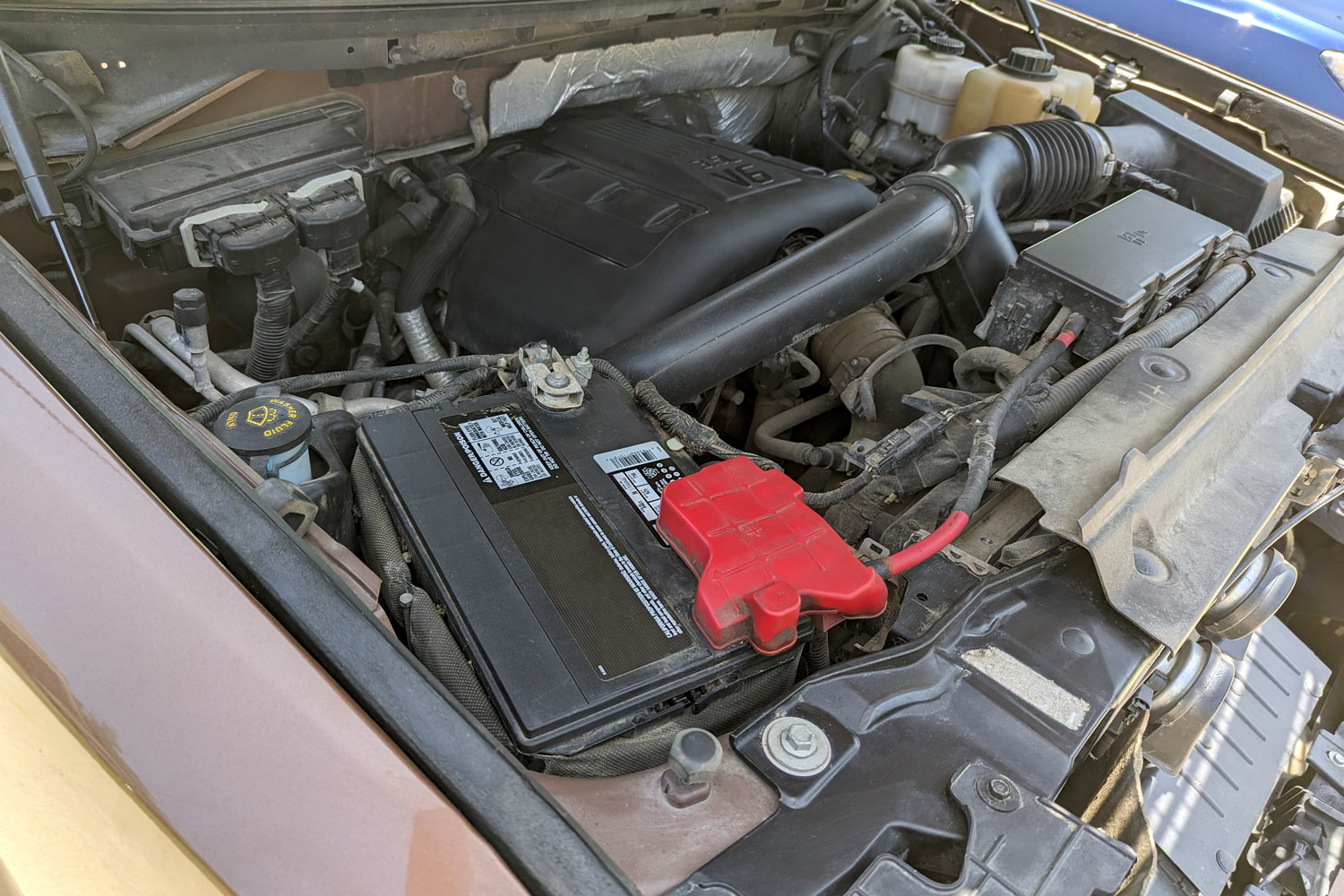5 Things to Look for in a Car Battery Warranty
Manufacturers and vendors offer different coverage plans depending on a battery's brand, use, and cost.
 Austin Lott | Capital One
Austin Lott | Capital One
Many new car batteries come with a warranty plan, but the terms and conditions vary among resellers as well as manufacturers. Here are five things to know about car battery warranties before shopping for a replacement.
Note that although there are vehicles powered solely by batteries, the subject of this guide is the 12-volt car battery, which often is located under a gasoline-powered vehicle's hood.
How Long Does a Battery Warranty Last?
Several factors influence the length of a car battery's warranty, including the type of battery, its intended use, the manufacturer, and where it's purchased.
Batteries from manufacturer Optima, for example, come with a three-year warranty plan if they're used by what the brand refers to as normal consumers. Commercial vehicle buyers, however, only receive a one-year warranty because they typically put more strain on a battery.
DieHard, another major battery manufacturer, offers different warranty plans throughout its lineup. Batteries in its Platinum AGM line receive a three-year warranty. Warranties on Gold batteries also run for three years, while Silver batteries get two years and Red batteries are part of a one-year warranty program.
Pricing and specifications vary accordingly. Using a 2015 Toyota Corolla as an example, Advance Auto Parts in June 2023 charged around $200 for a DieHard Silver battery and $250 for a DieHard Gold battery. The latter has a higher cold-cranking amp rating, which concerns the battery's ability to start (or crank) your engine when it's cold outside, and a more extended warranty plan — three years for the Gold, compared with the Silver's two-year coverage.
Free Replacement vs. Prorated Replacement
Some battery vendors offer a free replacement for the first part of the warranty and a prorated replacement for the plan's remaining balance. If, for example, your warranty is good for five years and you need a replacement in half that time, you'd be refunded for only half the battery's replacement cost.
The free replacement is straightforward. The vendor replaces a defective battery with a new one free of charge.
The prorated replacement requires the customer to pay a fee based on the battery's age and price.
What's Covered by a Car Battery Warranty
Battery vendors normally accept a warranty claim when they link a problem to a manufacturing or material-related defect.
Most battery makers point out that merely losing a charge isn't enough to justify a replacement. Vendors often recharge the battery and return it to the customer if it becomes discharged.
Voiding a Car Battery Warranty
Most battery vendors don't accept warranty claims related to human error.
Battery maker Optima notes that the type of damage not covered by its limited warranty plan includes improper installation, damage by abusive overcharging, theft, mishandling of the battery, and improper maintenance. The company adds that the warranty can't be transferred, regardless of whether it's sold on its own or with the car it's installed in. Generally speaking, it's worthwhile to examine the warranty specifics of whichever battery you purchase.
How to Make a Warranty Claim
This process can vary from vendor to vendor, but most companies ask customers to bring a defective battery back to the store they bought it from or to another location that's part of the same franchise.
If you buy a battery at AutoZone, you can't make a warranty claim at automotive-parts competitor O'Reilly, even if both stores sell the same type of battery. Most vendors also ask customers to provide the original receipt that shows when the battery was purchased.
Written by humans.
Edited by humans.
 Ronan Glon
Ronan GlonRonan Glon is an American journalist and automotive historian based in France. He enjoys working on old cars and spending time outdoors seeking out his next project car.
Related articles
View more related articles